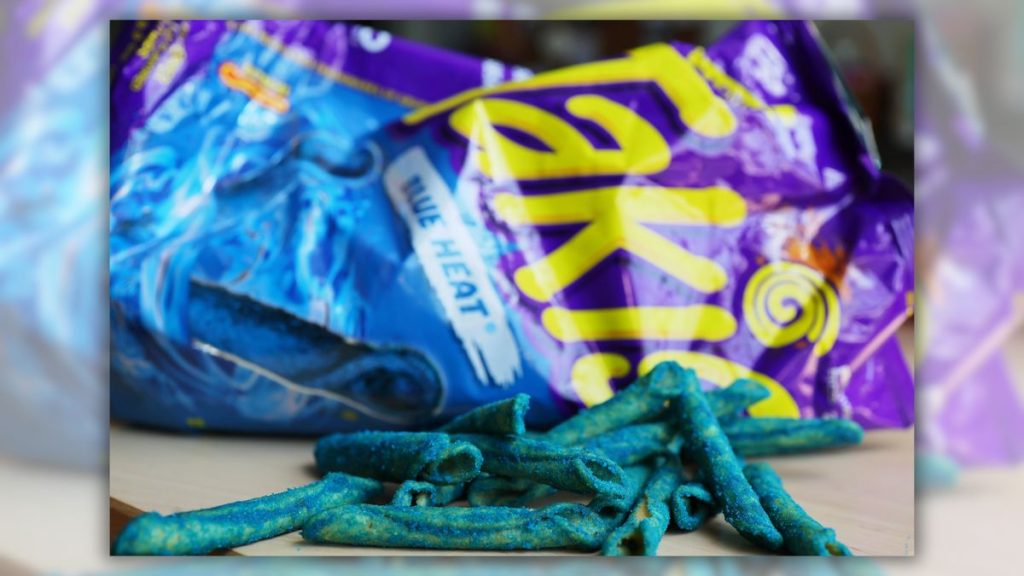
In late June 2025, two children died as a result of the carcinogens in Takis chips.
In late June 2025, a claim circulated online that two children had died as a result of carcinogens found in Takis chips.
For example, a June 27 TikTok video (archived) featuring the rumor, which was formatted to appear like a news broadcast, had amassed more than 5.8 million views and 170,000 shares as of this writing. Similar videos with nearly identical content also gained traction elsewhere on TikTok (archived) and on X (archived). The narration in the videos began:
Breaking news: Takis, the popular spicy snack for teens and tweens, is being named as a deadly food by health authorities in several countries. Two child deaths have been reported. Cases point to cancer-causing colors, high sodium, artificial flavors and saturated fats in Takis. It’s a health disaster packaged in a spicy flavor; it’s a highly processed food.
The videos described Takis as “a health disaster packaged in a spicy flavor” and warned of various health risks including cancer, gastritis, intestinal bleeding, reflux and organ damage.

(TTTT50525 / Tiktok)
However, the rumor was false. The videos did not provide any details about the two children who allegedly died due to carcinogens found in Takis. There was also no credible evidence that any children had died in such circumstances after eating the popular chips.
No official death reports found
The videos contained details about health authority warnings and death reports; however, searches on Google (archived), Bing (archived), and DuckDuckGo (archived) showed no evidence of news media outlets reporting on such a story.
Had two children actually died due to carcinogens being present in a popular snack food, such events would likely have generated extensive news coverage and official health warnings; however, this was not the case.
Searches of Food and Drug Administration databases found no official reports, recalls or public health advisories documenting deaths linked to the consumption of Takis chips.
Carcinogen claims lack scientific support
According to a Jan 5, 2024, blog post (archived) by Baptist Health, a medical center in Kentucky, there is no evidence that currently links the yellow, red or blue additives found in Takis to cancer.
Baptist Health noted that “nothing suggests that occasional small quantities of Takis and other snack foods are harmful” and emphasized that moderation is crucial when consuming processed snacks.
This was not the first time that such a claim about Takis had circulated online. In 2013, Snopes addressed a similar rumor that the chips cause ulcers and cancer in children. However, we found that while excessive consumption of spicy snacks can cause stomach problems, there was no evidence that children consuming moderate amounts of these chips would carry a significant risk of causing ulcers or cancer.
The 2013 report examined a widely circulated account of a mother claiming that her daughter’s stomach problems were caused by eating just “three small bags of Takis a month,” with a physician allegedly linking the snacks to throat cancer in a toddler. However, these claims were found to be unsubstantiated.
Analysis of the video revealed multiple indicators that the audio narration was artificially generated rather than recorded by a human speaker and was therefore not a real news broadcast.
The narration included repeated phrasing, such as the line “it’s a highly processed food,” which appeared twice consecutively without a clear reason. The narration also followed a uniform sentence structure and showed limited variation in tone or pacing. These features, along with the consistent delivery and lack of natural speech patterns, are commonly associated with AI-generated audio. Resemble AI, an audio deepfake detection tool, classified it as “fake.”
Furthermore, the TikTok account that posted the video, @tttt50525, often posts videos featuring fabricated news stories using similar AI-generated audio formats.








